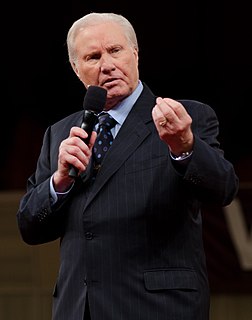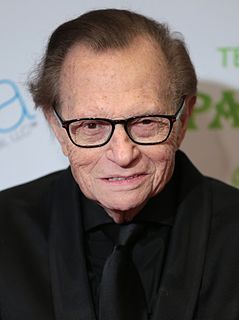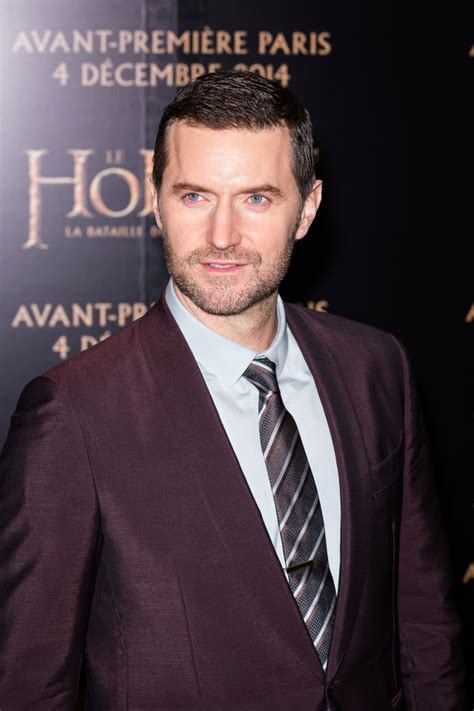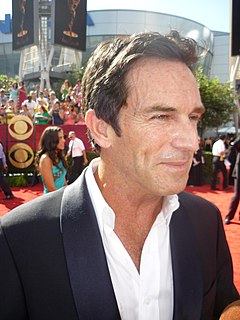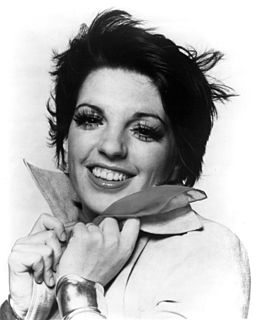A Quote by Bruce Willis
If you think anyone goes out and commits crimes because of some daffy film they've seen, then I question your judgment.
Related Quotes
With the law books filled with a great assortment of crimes, a prosecutor stands a fair chance of finding at least a technical violation of some act on the part of almost anyone. In such a case, it is not a question of discovering the commission of a crime and then looking for the man who has committed it, it is a question of picking the man and then searching the law books, or putting investigators to work, to pin some offense on him.
I cannot believe that violence depicted onscreen actually causes people to act out violently. That's oversimplifying the issue. If somebody commits a violent act after seeing violence in a movie, I think the question that needs to be asked is: would that person still have committed the act if he had not seen a violent film?
I worked with some of the best actors I've ever worked with: Mel Blanc and Don Messick. They could play a scene against themselves. Think of the characters that Mel created, and they're as good or better than any performance anyone has ever given. I mean: Daffy Duck! Think of the specific voice Mel gave Daffy Duck or Bugs Bunny or Porky Pig... It's just astonishing.
I met Michael Snow and Stan Brakhage the second day after I arrived, you know. I had never seen or heard of Brakhage. For me, it was a revolution, because I was well educated in film, but American-style experimental film was known to me in the abstract, and I had seen practically nothing. I had seen a film then that Noël Burch had found and was distributing called Echoes of Silence. It was a beautiful film, three hours long. It goes forever and it was in black and white, very grainy, and I saw that film and I thought...it was not New Wave. It was really a new concept of cinema.
Sometimes I have experienced at the start of a film you're very excited and enthusiastic and you've done all your preparation internally and externally and you start the film and it's all go... Then your attention goes somewhere else. Your energy goes into telling the story, so you don't have the same amount of energy to be objective, and that's okay because sometimes you become a subject of the story and you're inside it so much that you don't need to keep on looking on the outside.
When you're making a film, you don't really have time to consider what the whole of your film is. And then, when you're releasing your film and promoting your film, you're looking at it in a different way. Then, as you move away from it, you start to look at it objectively and think, 'What could I have done better?'







